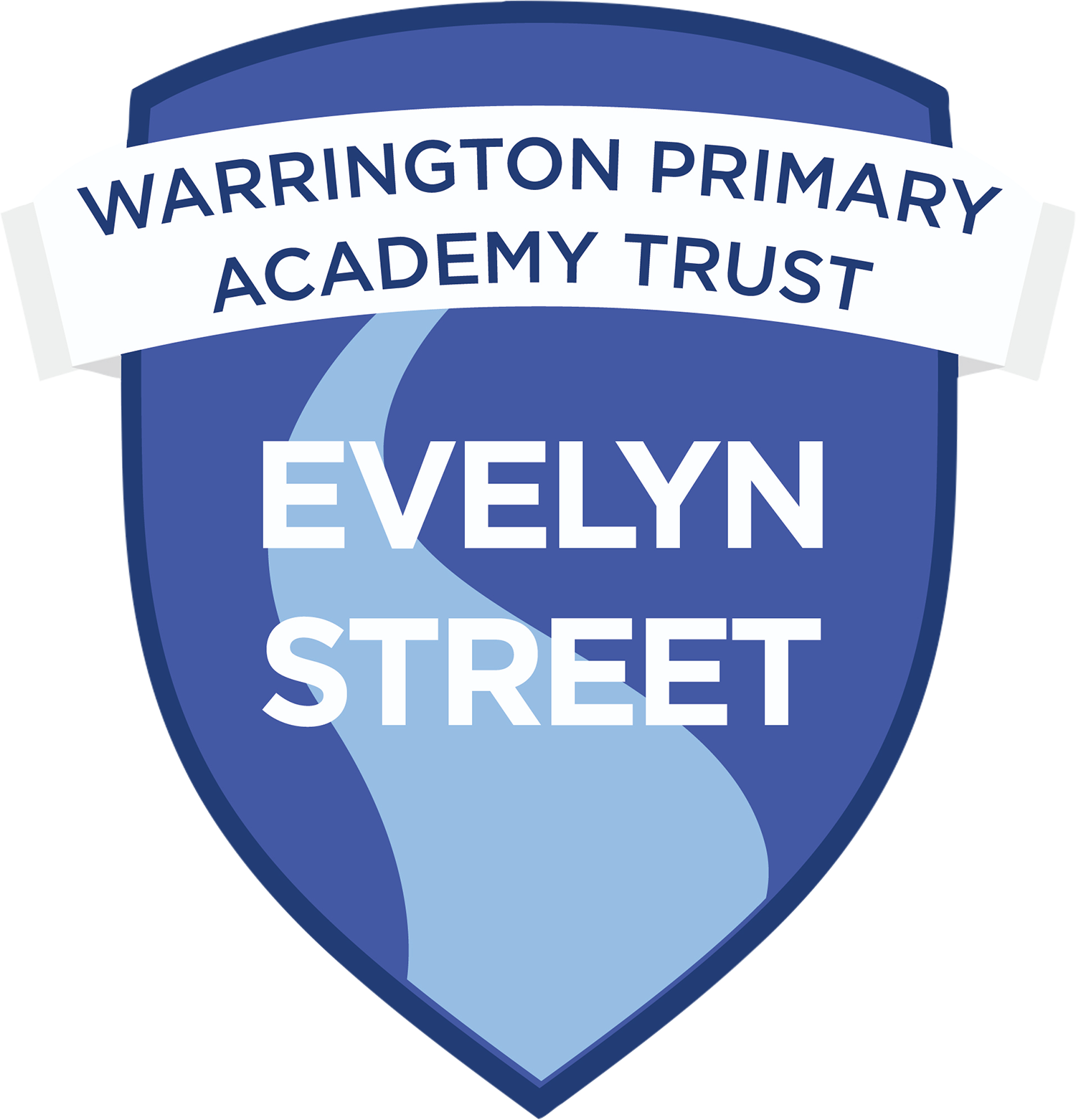English
Why teach English?
English is at the heart of all children’s learning. We have listened to our children’s voices and created a curriculum based on their interests that encourages them to become enthusiastic and engaged with English.
We provide our children with opportunities and experiences to give meaning and purpose to the words they read and write. Our aim is to immerse pupils in the wonders of quality texts to instil a love for reading and a confidence to explore their imagination.
With an emphasis on vocabulary we create opportunities for speaking and listening to enable children to be able to communicate effectively. We strive to teach our children how important their reading, writing, speaking and listening skills will be in the real world and the opportunities they all have the potential to explore.
English teaching is not limited to English lessons. English skills can be used to nurture a child’s natural talent or interest in all the subjects we teach. By giving this context to their learning, we want to equip our children with the resilience to develop their oracy skills which will influence their ability to read and write fluently, understanding the value of English to them now, and in their futures.
How we teach English
Our English lessons develop pupils’ spoken language, reading, writing, grammar and vocabulary. English skills are transferred across our curriculum giving our children the skills to access all subjects, such as providing them with the reading skills to access reading materials and carry out research, to write up experiments and to recall significant events in History.
Our curriculum is carefully sequenced and planned to teach pupils to write and speak fluently so they can communicate their ideas and emotions and through their reading and listening others can communicate with them.
We recognise that spoken language underpins the development of reading and writing so children are exposed to a wide variety and high quality of language to develop their understanding, vocabulary and grammar. Our reading curriculum helps children build their skills in word reading and comprehension, beginning with a strong focus on the teaching of phonics as children start school. Our writing curriculum is carefully constructed to allow children to become competent in spelling and handwriting and composition, articulating ideas and structuring them into speech and writing.
We have developed a range of extra activities which are used to promote English within the school including World Book Day, weekly reader awards, writer visits, author theme days and library sessions.
What your child will learn
Speaking & listening:
- Listen carefully, discriminating sounds, following directions, understanding expectations and making sense of oral communication.
- Develop an increasing store of words, simultaneously making links between known and new vocabulary.
- Speak clearly and convey ideas confidently using Standard English.
- Justify ideas with reasons, asking questions to check understanding, developing vocabulary and building knowledge, negotiating, evaluating and building on the ideas of others.
Reading:
- Read easily, fluently, silently and with good understanding.
- Develop the habit of reading widely and often, for both pleasure and information.
- Develop a wide range of vocabulary.
- Build an appreciation of our rich and varied literary heritage.
Writing:
- Write accurately and coherently, in the appropriate form, for a range of contexts, audiences and purposes.
- Write at length through the development of writing stamina.
- Write with accurate spelling and punctuation.
- Use a variety of grammar correctly.
Year A
Year B
READING
This intent document shows our end points for Nursery to Year 6 inclusive for both our YEAR A and YEAR B curriculum.
